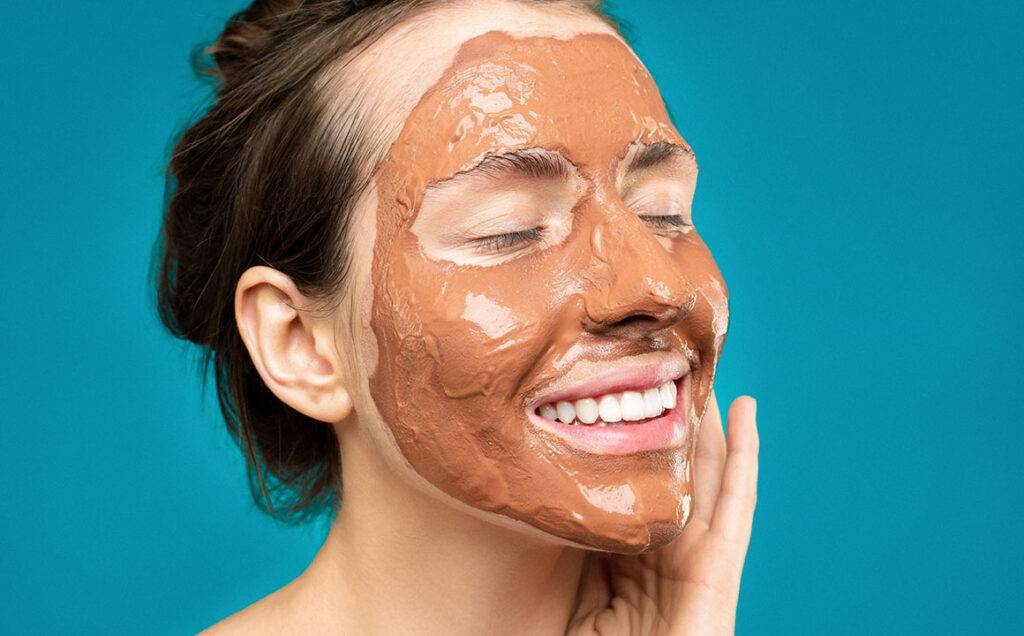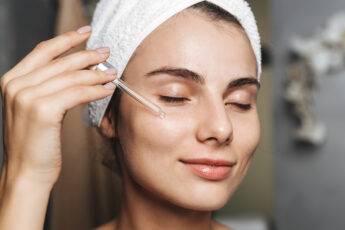Skincare in Spring

You may believe you have your routine down to a tee, but your skin may become drier, irritated, and tight as the weather changes. Suppose you already have skin issues like rosacea or acne. In that case, the weather might exacerbate them, and it will undoubtedly have you heading to the shop for beauty products because there are several things you may do to mitigate the effects of the changing seasons.
Weather patterns are related to each season: spring, summer, autumn, and winter. Each has its range of temperature and humidity, which impacts your skin. The seasons are likely to alter again by the time your skin has become accustomed to the changes in temperature and humidity. As we enter spring, the weather will warm up and become more temperate. The wind has died down, and some moisture has returned to the atmosphere.
The humidity and temperature will climb as the weather warms up and spring approaches. It’s possible that your skin will feel oily and heavy as dirt and dead skin cells remain trapped on the surface. If you have regular skin, the summer can make it oilier, causing breakouts and flare-ups. In addition, warmer temperatures promote the production of sebum and sweat, which can block pores. We’re also more prone to expose ourselves to the sun, which can produce sunspots and impair pigmentation. With all this to think about, it can be pretty overwhelming. So, we have created some helpful tips on what type of skincare products you will want to look out for in spring.
Cleansers
In general, lighter make-up is associated with springtime. Your lovely summer skin can take center stage with fresh colors and a light covering. Switching to milder cleansers will remove make-up gently and moisturize spring skin without clogging pores or producing a sticky residue that can cause breakouts.
Hydration
Your spring regimen isn’t only about your face as the weather warms up. To say goodbye to dry, flaky winter skin, use skincare all over your body in preparation for the start of summer. In the shower, exfoliate with an exfoliating mitt and moisturize with a moisturizer. The same rules apply to your face skincare. With an exfoliating face scrub, you can get all the benefits of a facial without the hassle and buff away dead skin cells that may make spring skin look lackluster.
Once or twice a week, a light moisturizing mask will infuse skin with the hydration it requires to recover from the drying winter winds. One of our favorites is a gel-based mask with hyaluronic acid, which helps absorb moisture from the environment, and vitamin B5, which supports skin regeneration.
Moisturizer
While heavy creams seem like a lifesaver on dry winter skin, they’re a different story when applied to a damp, sweaty face. We need to utilize appropriate emollients and occlusives to prevent transepidermal water loss when the weather is cold and dry. We may not need as many heavy occlusives to keep our skin hydrated when the temperatures and humidity rise, and heavier creams can feel sticky and oily. It will feel better to use lighter moisturizers with humectants and emollients. Switching to a gel-based solution that absorbs fast while preserving the skin barrier is recommended.

Sunscreen
We’d never recommend skipping sunscreen, but we understand that not everyone uses it in the winter. You’ll want to start doing that now that the weather is warmer. In addition, you’ll want to increase your sunscreen dosage if you’ve been an excellent sunscreen user. The earth is physically closer to the sun during the summer, so UV radiation is more substantial. In the spring and summer, increasing the SPF to at least 50+ and ensuring that the products offer broad-spectrum protection are critical to guaranteeing adequate sun protection.
Retinoids
Retinoids, vitamin A derivatives, are an essential part of a good skincare routine because they boost cellular turnover, making your skin look brighter and more youthful. Retinoids also increase collagen formation, which helps to reduce wrinkles and creases. Now that spring is here, it’s time to think about utilizing a retinoid. Warmer weather allows the skin to handle more frequent applications. The more you can use a retinoid, the more benefits you’ll get – increased skin cell turnover, collagen stimulation, and smaller pores.

Share via:





Leave a Comment